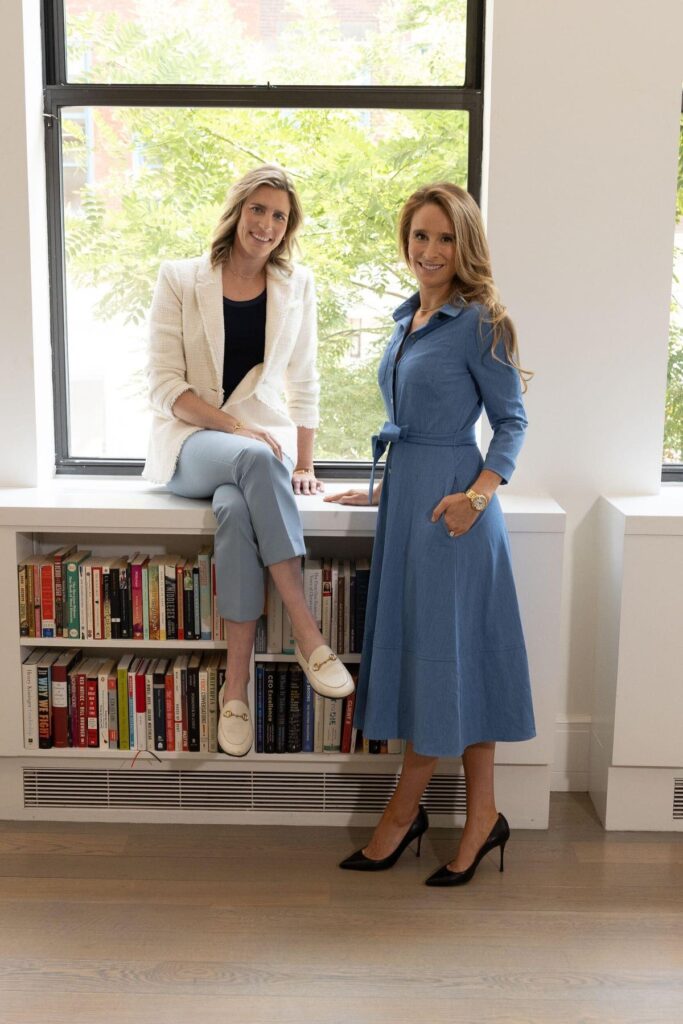The Power Of Virtual Intensive Outpatient Treatment For High-Acuity Mental Healthcare
Amidst the current mental health crisis, the demand for innovative and scalable solutions has reached unprecedented importance. Though several new therapeutic interventions have emerged over the past five years, there still exists a noticeable gap in meeting the specific needs of high-acuity patients. Charlie Health is on a mission to change this by making a more intensive level of care available to the masses.
High-acuity mental healthcare refers to specialized and intensive treatment aimed at addressing severe and complex mental health conditions. The existing high-acuity treatment models can be highly effective. Activist-entrepreneur Carter Barnhart experienced the benefits firsthand as a patient and then as a leader in the space. Prior to co-founding Charlie Health and being named CEO, she helped run a treatment center that she herself attended as a teen. Barnhart also saw that, while it was effective, it wasn’t scalable or accessible to most people.
Charlie Health co-founders Dr. Caroline Fenkel and Carter Barnhart
Already, more than 150 million people live in federally designated mental health professional shortage areas. Nearly half of Americans have had to or know someone who has had to drive more than an hour round trip to seek treatment. Patients who require a level of support beyond traditional weekly therapy face a much heavier burden when it comes to accessing the appropriate level of treatment.
The increased demand for mental health services among adolescents and teens has exacerbated the mental health resource shortage. “We are in the middle of a national youth mental health crisis,” says U.S. Surgeon General Dr. Vivek Murthy. About 1 in 4 high school students in the U.S. have seriously considered attempting suicide, according to results from a Centers for Disease Control and Prevention survey. These stats are worse among girls and LGBQTQ+ students, 57% and 70% of whom, respectively, reported feeling “persistently sad or hopeless.”
A JAMA study revealed that visits to the emergency department (ED) related to suicide among children and adults in the U.S. increased fivefold from 2011 to 2020. From 2011 to 2022, the proportion of ED visits for mental health reasons nearly doubled among children, adolescents, and young adults, from 7.7% to 13.1% of all ED visits for this age group. A New York Times investigation found that hundreds of young people sleep in EDs every night as they wait for placement in proper treatment programs.
Barnhart and Charlie Health’s answer is redefining an existing treatment model known as intensive outpatient programming (IOP). IOP involves multiple sessions a week of individual and family therapy and guided peer groups. The time commitment is substantial at 9-11 hours of treatment per week, and the programming typically lasts for 10-12 weeks. IOP is seen as a step-up option for patients requiring a transition from inpatient care to a less intensive setting or as a step-up for those needing a more robust approach than conventional once-weekly therapy.
Barnhart saw an opportunity in telehealth, specifically in the changing consumer and provider behavior around telehealth that emerged during the pandemic. She tapped Dr. Caroline Fenkel, LCSW, to join as a co-founder and serve as Charlie Health’s Chief Clinical Officer. The two recognized the potential to improve the support provided to this patient population beyond the limitations of the existing healthcare system.
Charlie Health
Charlie Health was founded in 2020. Fenkel explains that Charlie Health’s Virtual IOP is designed for high-acuity patients who struggle with complex challenges like self-harm and suicidal ideation. The company is using digital platforms to deliver a highly structured and comprehensive treatment experience to patients. Patients log on to multiple sessions per week of facilitated peer groups, and individual and family therapy remotely from their homes. Charlie Health has already reached tens of thousands of patients in need.
Charlie Health’s virtual IOP, in addition to improving access to high-acuity care, is producing industry-leading outcomes for teens and young adults in crisis. Published data from a study in partnership with the University of Pennsylvania found that Charlie Health’s virtual IOP contributed to a 71% reduction in suicidal ideation, a 60% decrease in symptoms associated with depression, and a 58% decrease in self-harm. Importantly, there was no significant difference in outcomes based on insurance type.
In just three years, Charlie Health has launched in 24 states and emerged as a category leader in high-acuity care. Forbes Health has reviewed Charlie Health and ranked it among the best in the area of emerging online group therapy programs. With an increasing number of payers embracing its potential, Charlie Health is uniquely poised to assist patients in avoiding hospitalization while simultaneously setting them up with the skills and coping strategies they need long term. “We’re connecting kids to life-saving treatment while keeping them out of the ER. It’s a win-win,” says Barnhart.


